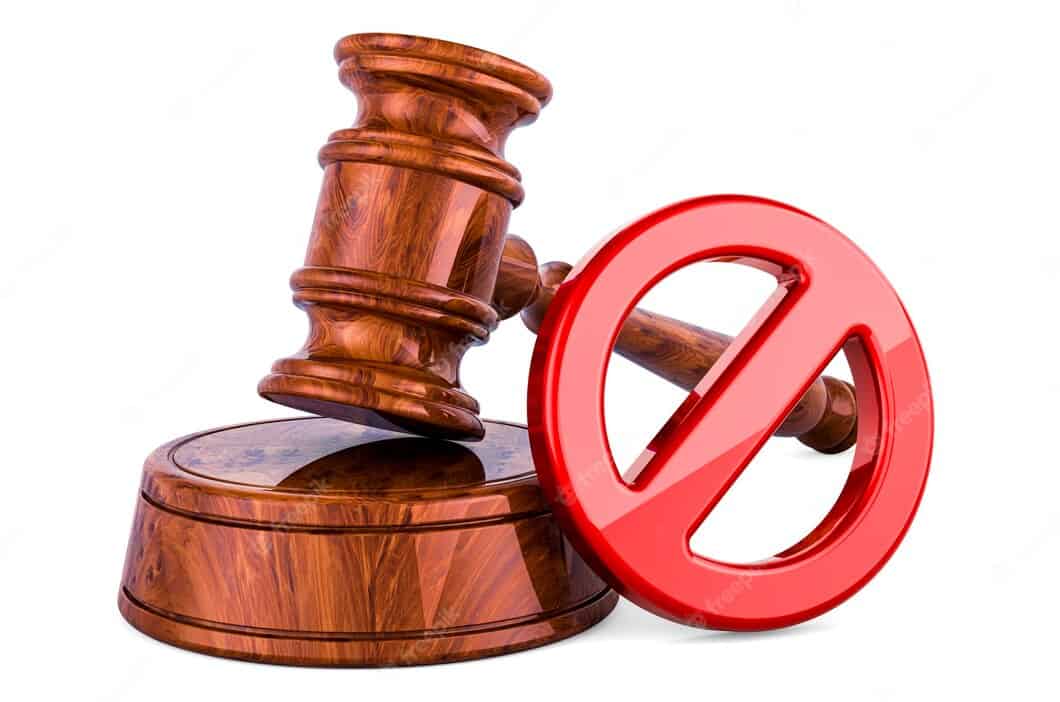Post prohibition of competition and transfer of the business to the life partner
A franchisee is a company. The franchisee and the private individual are both bound by a post-competition clause. Is this prohibition violated if the private person transfers the company to his life partner, who was also previously the manager? The District Court of Amsterdam, 13 July 2023, ECLI:NL:RBAMS:2022:8632, ruled not. After all, it depends on what exactly is prohibited.
The franchise agreement has been concluded with a company called Mukano. The franchise agreement includes a post-competition prohibition, which see top Mukano as well as the director and sole shareholder. This clause reads as follows:
“Franchisee and Private Franchisee shall not, directly or indirectly, sell goods and services at the Location, directly or indirectly, for one year after the termination of this Franchise Agreement, which may compete with the goods and services that are the subject of this Franchise Agreement”
Around the termination date of the franchise agreement, Mukano transferred virtually all of its assets (including personnel, inventory, equipment and supplies) to another company. The (former) manager of Mukano, and also the life partner of the sole shareholder and director of Mukano, is the sole shareholder and director.
Although the court agrees with the franchisor that the foregoing circumstances raise the necessary questions, these circumstances cannot lead to the judgment that Mukano has violated the non-compete clause. The decisive factor for this is that, according to its letter, the clause relates to the direct or indirect sale by Mukano of comparable goods and services in the branches. There is no evidence of this direct or indirect sale by Mukano. The fact that Mukano has sold its assets does not mean that it is or has been indirectly involved in the sale of competing goods and services by this third party. There is therefore no question of a violation of the postal prohibition of competition.
Incidentally, Mukano did have payment arrears with the franchisor. Mukano defended itself in particular with the argument that further agreements had been made that were partly aimed at increasing Mukano’s profitability and that this was disappointing in practice. According to the court, this in itself is not a reason to conclude that the franchisor failed to fulfill its (support) obligations. After all, as the franchisor rightly argued, the parties have not agreed on any profits to be made and the franchisor has (only) focused on more intensive support for a higher profitability of the franchise for Mukano. Mukano must therefore pay the arrears.
This judgment once again shows the importance of the description of a postal non-competition prohibition. The description of the expected (support) obligations of the franchisor is also important.
Ludwig & Van Dam lawyers, franchise legal advice.
Do you want to respond? Then email to dolphijn@ludwigvandam.nl

Other messages
Judge anticipates Franchise Act: no mandatory formula change (without threshold value)
The District Court of Amsterdam ruled that a Blokker franchisee is not obliged to renovate the store in accordance with the latest formula principles, as instructed by Blokker.
Interview Mr. J. Sterk and mr. C. Rutten in Franchise+: “Call to the automotive sector: prepare yourself well for the new Franchise Act” dated October 2, 2020
The new Franchise Act has a broad effect, also in the automotive sector. But are people aware of it enough?
Article The National Franchise Guide – “Corona discount of 50% on the rent” – mr. AW Dolphijn – dated September 15, 2020
Disappointing turnover due to the corona crisis may mean that the rent is halved, even if the rent is partly turnover-related.
Article Franchise+ – “Franchisor uses “derivative formula” (without his knowledge)” – mr. AW Dolphijn – dated September 9, 2020
Many franchisors will not be aware of the fact that they use a "derived formula" as referred to in the Franchise Act.
Article Franchise+ – “Obligations and rights of the starting franchisee” – mr. AW Dolphijn – dd
What should you pay attention to as a starting franchisee, what are your obligations and what are your rights when concluding the franchise agreement?
Article Mr. C. Damen – Three conditions for the right to customer compensation for the agent upon termination of the agency agreement – dated August 26, 2020
In the agency relationship between an agent and a client (the principal), the parties record their cooperation agreements in an agency agreement. When the principal enters into the agency agreement







